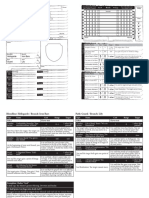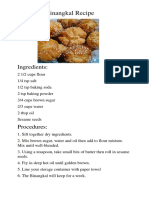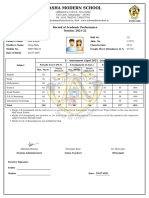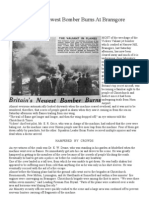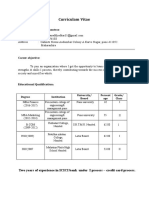0% found this document useful (0 votes)
43 views12 pagesHTML Tutorial - GeeksforGeeks
This document is a comprehensive HTML tutorial aimed at beginners, covering the fundamentals of HTML, its structure, and practical applications in web development. It outlines a step-by-step learning approach, beginner projects, and advanced concepts, while also emphasizing the importance of HTML in creating websites and enhancing career opportunities. Additionally, it provides tips for writing efficient HTML code and highlights various career paths that utilize HTML skills.
Uploaded by
Gokul BonnthaCopyright
© © All Rights Reserved
We take content rights seriously. If you suspect this is your content, claim it here.
Available Formats
Download as PDF, TXT or read online on Scribd
0% found this document useful (0 votes)
43 views12 pagesHTML Tutorial - GeeksforGeeks
This document is a comprehensive HTML tutorial aimed at beginners, covering the fundamentals of HTML, its structure, and practical applications in web development. It outlines a step-by-step learning approach, beginner projects, and advanced concepts, while also emphasizing the importance of HTML in creating websites and enhancing career opportunities. Additionally, it provides tips for writing efficient HTML code and highlights various career paths that utilize HTML skills.
Uploaded by
Gokul BonnthaCopyright
© © All Rights Reserved
We take content rights seriously. If you suspect this is your content, claim it here.
Available Formats
Download as PDF, TXT or read online on Scribd
/ 12






























































